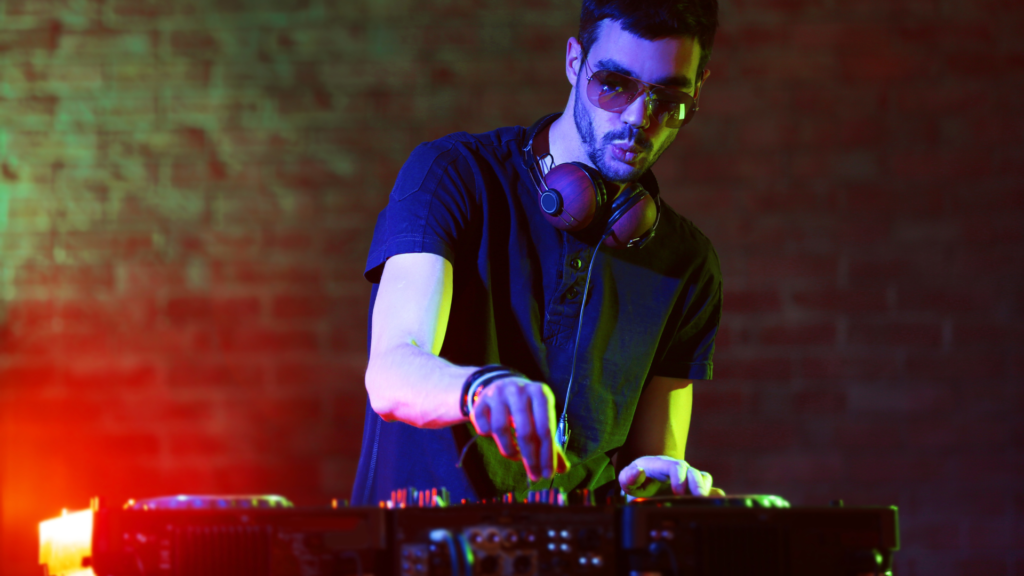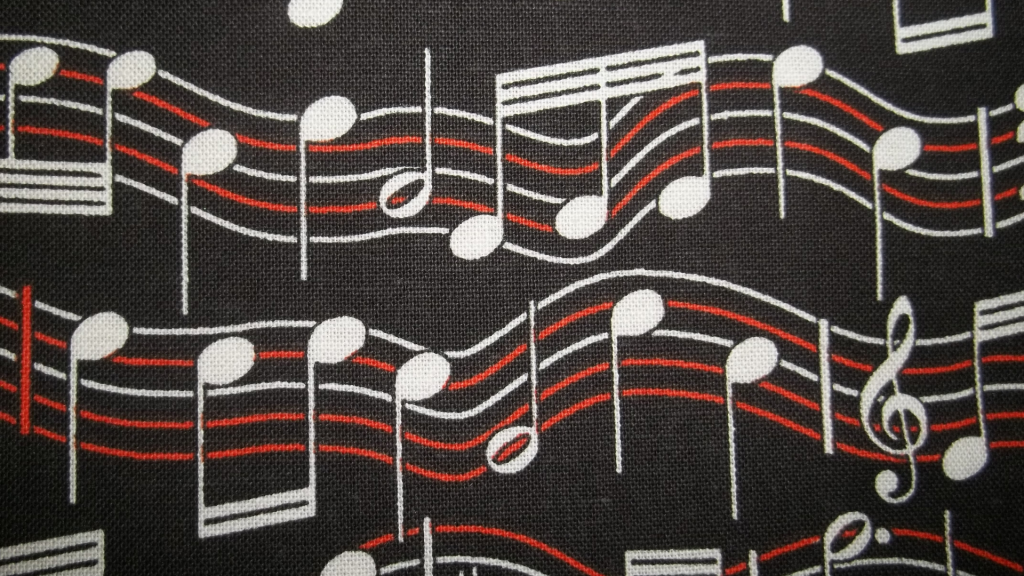The first thing you should know is that recording is an expensive hobby, and while it’s likely not the most expensive hobby you ever take on, it’s certainly up there. Your equipment needs to be reliable and high-quality in order to sound good, and your ability to record well is equally as important. Luckily, you don’t need to be rich to record a professional quality studio recording. But you need to be prepared, knowing the ins and outs of recording and being ready for anything.
A recording studio session can be nerve-racking and pressure-filled for even the most experienced musicians. However, with a few simple steps and preparations, you can successfully record your music in a professional recording studio.
Here’s How to Get Ready for a Recording Studio Session:
Have the Studio Cleaned.
An often overlooked part of preparing for a recording session is making sure the studio itself is cleaned and sanitized. This helps create a professional environment and limit distractions. Take time in advance to tidy up cables, clear surfaces, take out trash, and file paperwork. If the studio has carpet, bring in companies that offer professional carpet cleaning in Houston, TX, or wherever the studio is, to shampoo and freshen the floors. Disinfect doorknobs, microphones, headphones, and any other equipment that will be handled. A clean, orderly studio helps musicians and engineers focus on the music, not the clutter.
Prepare Gear.
Getting ready for a recording session can be a daunting task-but if you take the right steps beforehand, you’ll be more relaxed and prepared for the real thing. First, have all your gear ready to go. List the instruments you’ll be using, the sounds you want to achieve, and the effects you want. If you’re recording a band, figure out which instruments are the lead instruments; if you’re recording a soloist, note which instrument is the focus of the recording. Once you have an idea of what you’re recording, start gathering your gear.
Learn as much as you can about the music industry and recording studio procedures.
Understanding how recording sessions work (and what they involve) BEFORE you start your audition will make your audition run a little more smoothly. Read up on music and recording studio procedures, learn a few tips and tricks for the recording studio, and do your research on what recording studio to hire. A recording studio session is a serious business. There is a lot that must be done before, during, and after a recording session. First, you need to understand that your music will actually be recorded. Recording studios are expensive. Don’t waste your money on a studio if you aren’t getting the results you want. If you don’t do your homework, you will end up wasting a lot of money!
Develop a recording schedule.
If you’re getting ready to record your first studio session, it’s time to get organized. Schedules are the secret to success, so use one. Each night before you go to bed, make a list of what you want to record the next day. Try to limit your list to 10 items or less. The lists will help you manage your time as well as keep you focused on what you want to accomplish. Make a list of every song you need and the order in which they need to be recorded. Your schedule should include time to record, time to edit, and time to mix.
Prepare and practice your songs.
A recording studio session can be intimidating at first. You might feel like you’re talking to people on the radio or performing in front of thousands of people. However, like anything else, the more you practice, the easier it becomes. Recording studios allow you to practice recording tracks over and over again until you get it right. This takes practice, though. There are countless tutorials online, and you can even hire coaches to help you practice your tracks. Preparing for a recording session can be a daunting task. The last thing you want is to go into the studio unprepared, so it’s important to plan and prepare for your session.
Learn breathing exercises.
The importance of breathing exercises is something that gets overlooked by a lot of musicians, and it’s not just about warming up. It’s about learning proper breathing habits that can aid in your playing.
Create a budget.
The first step to getting ready for a recording studio session is to consider your budget and how much you’re willing to spend. If you’re recording on a budget, you’ll want to plan your time wisely. For example, if you’re recording a song, estimate how much time it’ll take you to record it. Can anyone suggest that?
Rehearse in the studio.
To build your confidence, make sure you rehearse every part you’ll be playing and rehearse it repeatedly until it’s perfect.
Prepare for technical issues
Before recording any music, you need to make sure your gear and space are clean and that all cords and cables are properly placed. By organizing and packing your studio, you’ll make recording a lot easier. Start by cleaning your equipment, especially your microphone. Next, double-check all your cables and cords with their corresponding cables. Also, make sure you pack all the cables you’ll need. Finally, make sure all your cables and connectors are plugged in.
A recording studio session is intimidating, no matter what your skill level is. Generally speaking, your recording session will spend most of its time with you alone, working on your instrument. Now more than ever, mastering and getting comfortable with your instrument is key to making a good recording. Most people tend to get stressed out if they aren’t comfortable with their instruments. Therefore, knowing how to practice and take it slow is the key to success.


